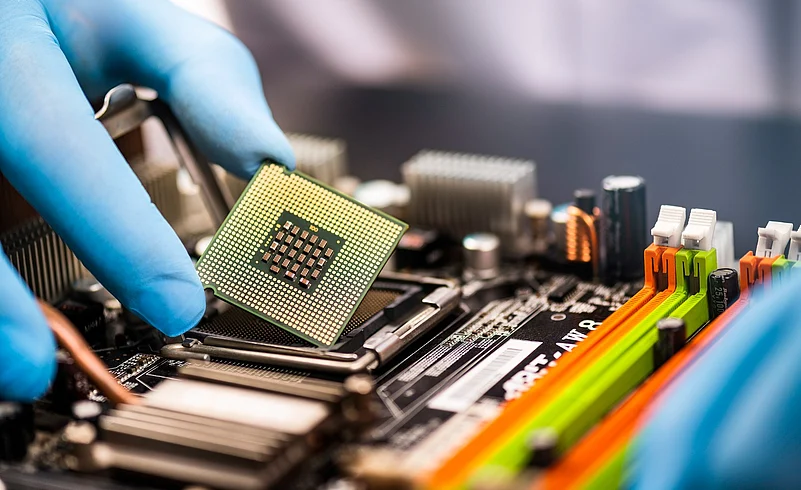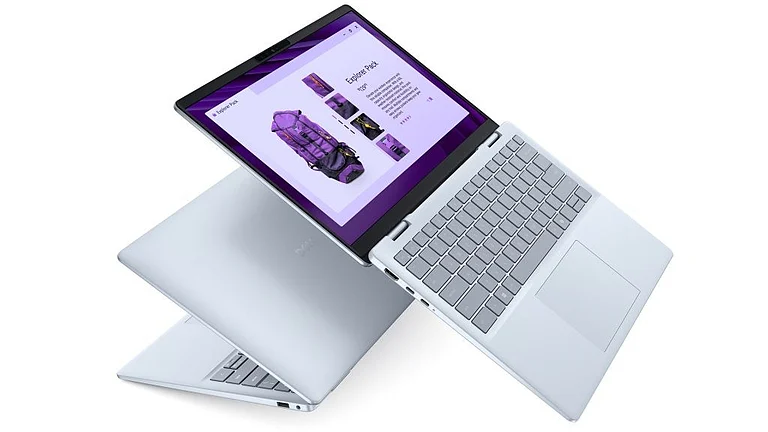The Indian government has told IT hardware manufacturers that it's considering a registration mechanism for imports for at least this fiscal year with no quota and licensing requirements. The move will bring relief to HP, Dell, Apple, Samsung, Lenovo, Asus, Acer, among other big tech brands.
According to officials aware of the details, for the current fiscal, the government will only monitor the source and value of devices as part of an import management system. Companies will be allowed to bring in as much as they require to meet demand. Quotas and other compliances will come into effect at a later stage or starting next financial year, officials told The Economic Times.
The government communicated its stance to the industry at a September 8 meeting chaired by minister of state for electronics and information technology Rajeev Chandrashekhar.
The meeting was attended by representatives from Apple, Dell, Samsung, HP, HPE, Acer, Asus, Apple, Cisco and Intel along with industry associations India Cellular & Electronics Association (ICEA) and the Manufacturers' Association For Information Technology (MAIT).
"The government wants that PLI for IT hardware 2.0 should succeed and since the majority of the companies will commence manufacturing under the scheme from April 1 next year, there will be a gap in supplies, which can be met only through imports," said an executive who participated in the meeting.
In an August 3 notification, the Directorate General of Foreign Trade (DGFT) had, citing security concerns, announced that the import of certain IT hardware products including laptops, tablets, PCs, servers etc., would fall under the restricted category and would therefore require a licence, effective immediately. After strong pushback, the government extended the timeline to November 1, 2023.
The companies have now been assured by the government that it will provide them with all the required support to scale up local manufacturing under the PLI scheme.
Another executive said that if the import curbs are implemented on November 1, there will be supply constraints and prices would increase. Industry also highlighted to the government that FY23 should not be taken as a benchmark as demand fell more than 25% last fiscal and is yet to pick up to normal levels in the current financial year, which began April 1.
































